
Imagination and psychosis are different categories of experience, and should not be confused or conflated.

Imagination and psychosis are different categories of experience, and should not be confused or conflated.
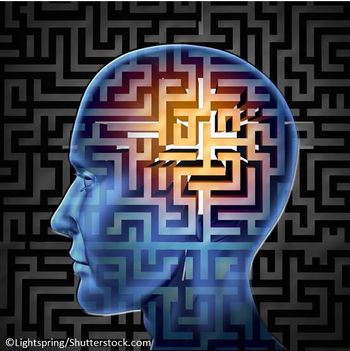
These common conditions may affect the risk of Alzheimer disease or the ability to cope with daily activities.
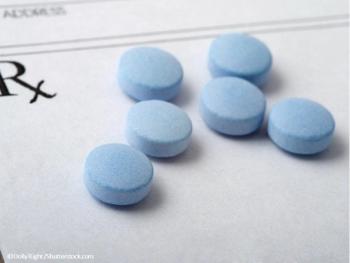
If history serves as a guide, psychologists are likely to obtain prescriptive authority in significant portions of the country within the next 10 years.
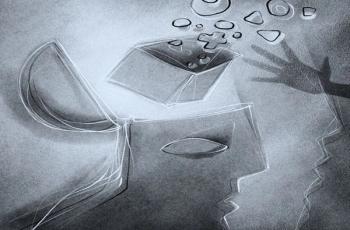
What underlies the higher prevalence of Alzheimer disease among older African Americans?

This Special Report on treatment resistance provides expert guidance on how to treat patients who are still unresponsive after multiple unsuccessful attempts at intervention for some common mental disorders.
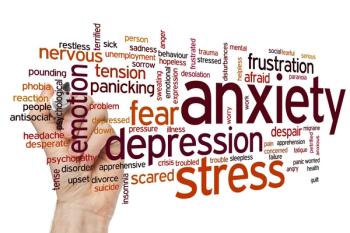
How to help the one-third of patients with panic disorder who have chronic, persistent symptoms?
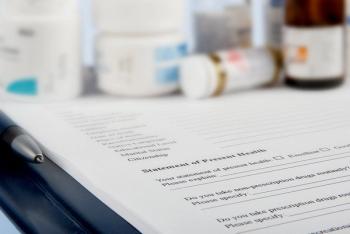
Trauma-focused cognitive-behavioral therapy, pharmacotherapy, and combinations thereof. Expert guidance here.
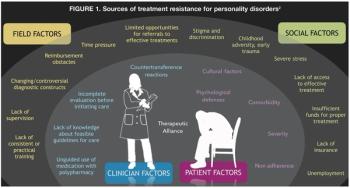
While treatment of bipolar disorder challenging , the notion that it is treatment resistant is contradicted by longitudinal and treatment research that indicates high rates of remission over time, moderate rates of recovery, and significant response to structured treatments tailored to symptoms.

Dialectical behavior therapy may be particularly effective in mitigating biologically-driven vulnerabilities, and zonisamide and lamotrigine may play a role.
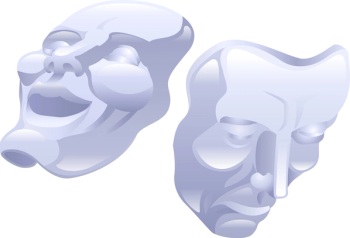
This article focuses on treatment resistance to medications in adult male and non-pregnant adult female outpatients with any type of DSM-5 diagnosed bipolar disorder.

What the nose knows in patients with schizophrenia.
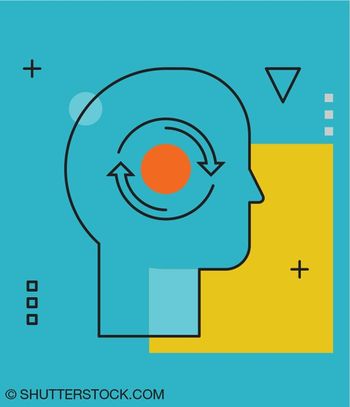
The era of evidence-based best practices has arrived, and psychiatry needs to get on board.

King is singularly adept at capturing the vicissitudes, mores, and speech of pre-teenagers (particularly boys) throughout his writing-most notably in one of his longest novels, IT.
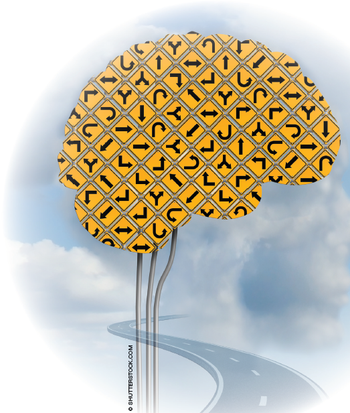
Here's a warm welcome to the 7 members of our new Advisory Board.

What does the evidence tell us about digital sensors for treatment adherence in patients with schizophrenia and other psychiatric disorders?
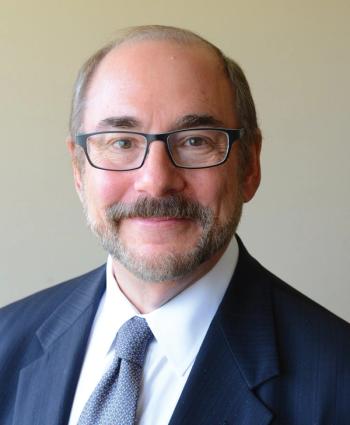
Know about these two articles of major importance for those interested in strengthening the evidence base for psychotherapy?
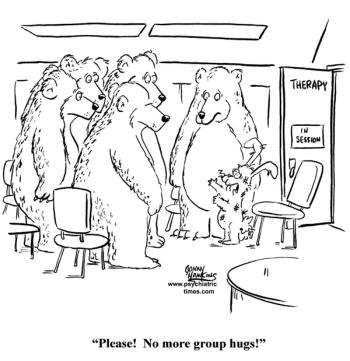
Please! No more group hugs!
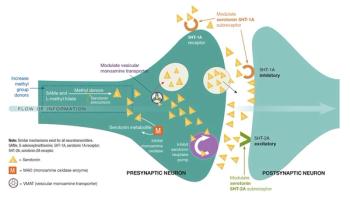
The author explores the significant pharmacokinetic and pharmacodynamic heterogeneity of current antidepressants and reviews the many potential drug targets that exist-with a focus on the serotonin system.
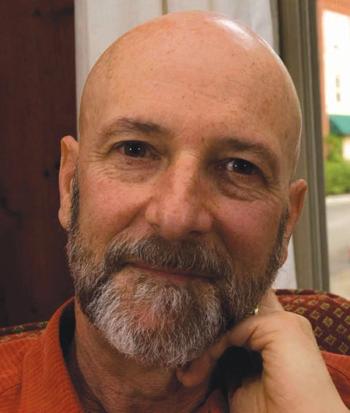
Our time was Thursday, 5 o’clock, my psychiatrist’s door always opened wide, him wearing a wool sweater, sipping tea, lights dimmed to an endless twilight...
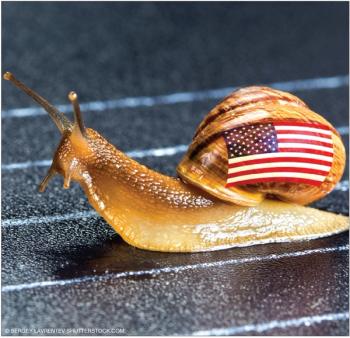
How to decrease recidivism for individuals with serious mental illnesses who are released from jails or prisons or discharged from hospitals? Here are several effective mechanisms.
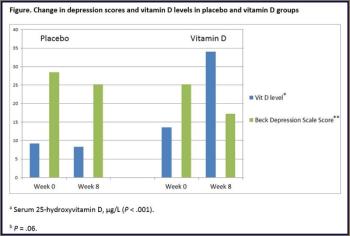
Questions and caveats about dosing remain.

We can encourage more responsible media coverage of mass shootings in an effort to cut down on “copy-cat” killings. Here are 4 guidelines.
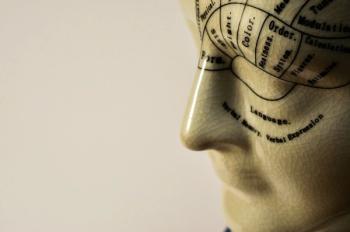
The first in a series of videos on the history of psychiatry that explore the roots of modern psychiatry in ancient cultures is now available on youtube. Members of the Committee on Arts and Humanities from the GAP invite you to tune in.


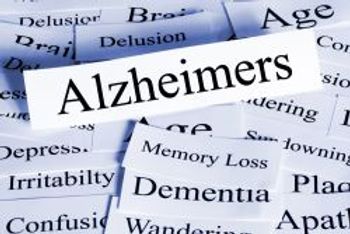
A look at sex differences in the neuropsychological deficits of Alzheimer disease.
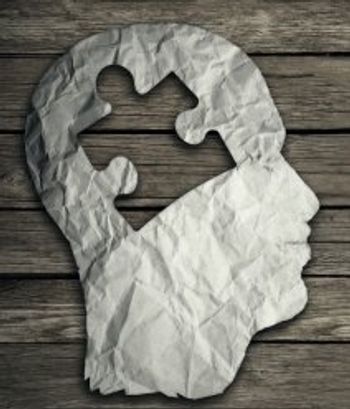
These 3 steps can help you ensure that shared decision making is actually taking place.

Here's a model that can stimulate psychiatrists to understand and address denial of global warming, the cognitive dissonance and guilt of our own responsibility, and the role of resilience in adapting to environmental changes.

Recommendations from an international panel of experts on the management of MDD.
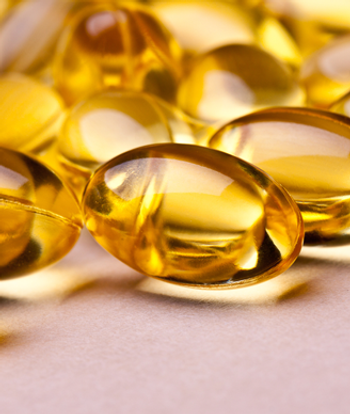
New evidence links vitamin D status with cognition in patients with psychosis.